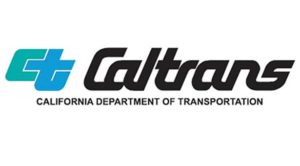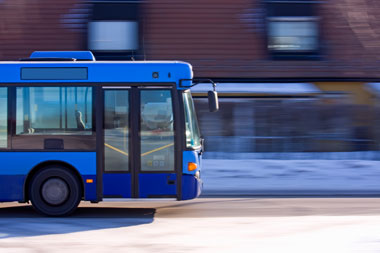The eight-county San Joaquin Valley consists of 27,000 square miles, 4 million residents, and 31,000 miles of roadways. While several major urban metropolitan areas exist, a significant portion of the Valley’s four million residents live in rural and “fringe” type settings including low income households employed in the agricultural sector who live in the outer Valley floor, and foothill and mountain residing populations.
Transit Needs in Rural Communities
SCOPE OF WORK
The scope of work for this planning grant will provide a comprehensive assessment of existing unmet transit needs in the eight-county region, engage a diverse array of stakeholders, and develop new, innovative, and technology driven alternatives for effectively meeting the transit needs for our most disenfranchised residents. Alternatives may focus on shared access services, which have grown dramatically in the last decade while their market potential, particularly in rural areas, has yet to be realized.


RESPONSIBLE PARTIES
The eight Metropolitan Planning Organization of the San Joaquin Valley along with the Institute of Transportation Studies at the University of Californian at Davis will perform this work in close consultation with Caltrans staff. The Valley MPOs will serve as the project manager and dedicate staffing for overall project management, reporting and invoicing, data and report compilation and analysis, stakeholder and public outreach, and ongoing project review and support.
OVERALL PROJECT OBJECTIVES
- Identify salient and significant issues impacting rural transit inefficiencies in the eight-county region
- Identify impacts to health, social services, education and employment for rural residents dependent on transit
- Develop a framework for a concept program or programs to address the current transit inefficiencies and needs in the rural and fringe sectors
- Develop consensus throughout the eight-county region for adopting new and innovative approaches to transit access and mobility
- Implement a “pilot program” based upon the conclusions of the study
- Show reductions in vehicles miles traveled and green house gas emissions consistent with our adopted Sustainable Communities Strategies (SB 375) through the pilot program and other implantable recommendations of the study

CATEGORY VALLEYWIDE ACTIVITIES
